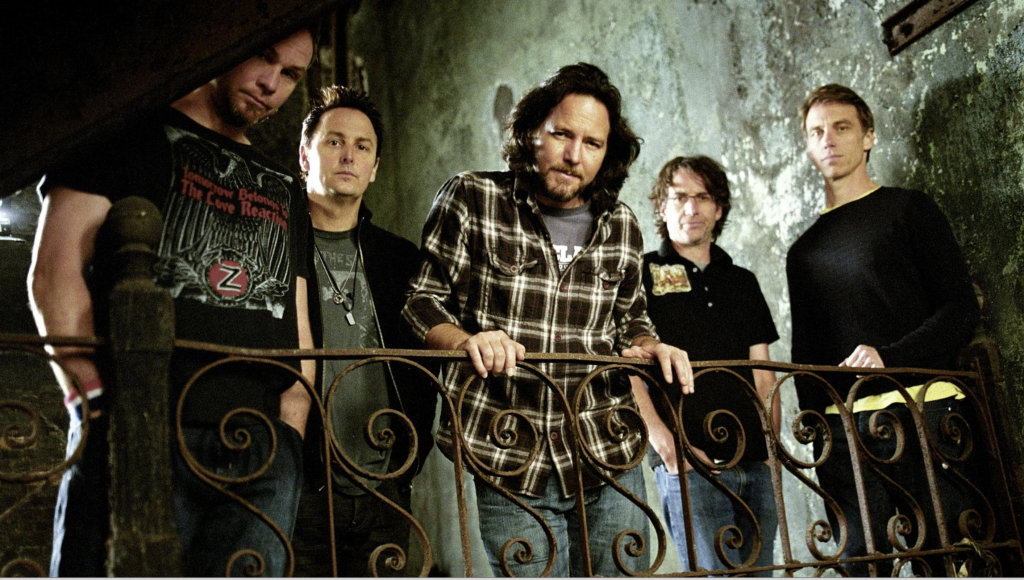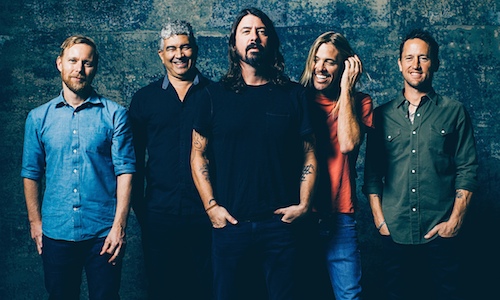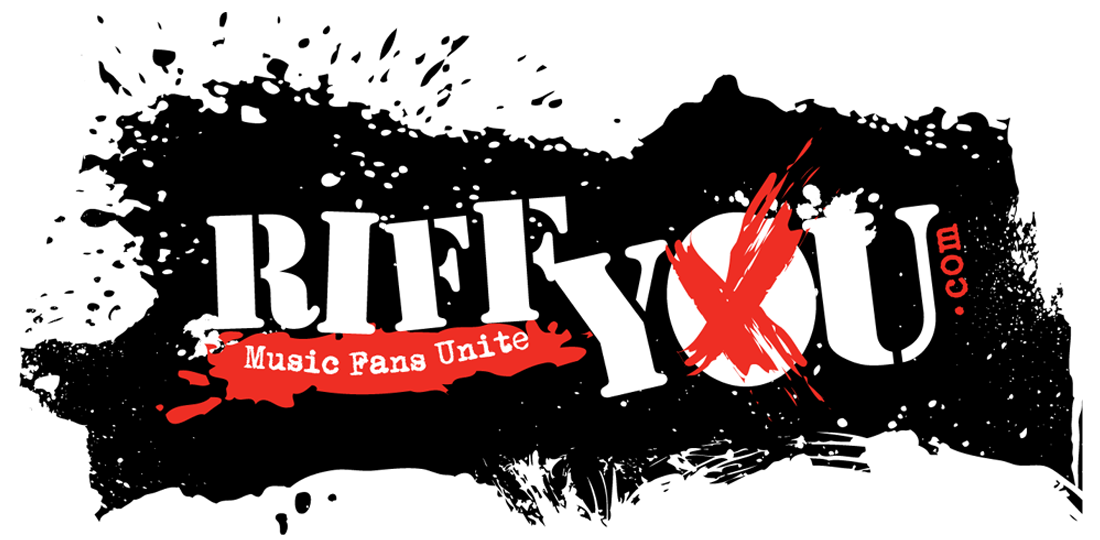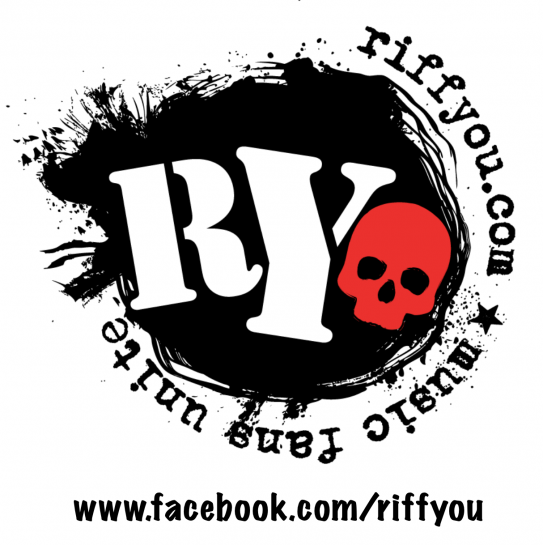Crowdfunding for Shows: Why This is Trouble for Bands
In September 2014, Foo Fighters returned to Richmond, Virginia to play a show in that city for the  first time since 1998. While the club gig wasn’t initially on the band’s schedule, an enthusiastic and highly publicized crowdfunding campaign got Grohl and the guys in town for a special performance. All it took was about $70,000 and a band willing to participate.
first time since 1998. While the club gig wasn’t initially on the band’s schedule, an enthusiastic and highly publicized crowdfunding campaign got Grohl and the guys in town for a special performance. All it took was about $70,000 and a band willing to participate.
For Foo Fighters, this performance made sense. The band was building up to the release of Sonic Highways and from a publicity standpoint, saying “no” could’ve been damaging for arguably the world’s nicest rock n’ roll machine. That said, it’s not unlike Foo Fighters to turn up and play small shows – it’s something the band has done quite a bit of late.
Regardless of the motivation, Foo Fighters very quickly – and accidentally – gave hope to fans that reside in neighbourhoods that don’t get visited by big-time artists: if you raise money, they’ll come.
Well, not so fast.
Currently, there is a massive crowdfunding initiative in motion to bring Pearl Jam to Forest Hills, Queens. As of now, more than $139,000 has been pledged through a Tilt campaign, with organizers hoping to raise $1,000,000.
Despite the enthusiasm, it doesn’t look like Pearl Jam wants any part of this. In a statement provided to the Village Voice this week, the band’s manager Kelly Curtis has said:
“We love the passion and enthusiasm of the fans who have spearheaded Pearl Jam Crowdfund efforts,” wrote Curtis. “However, with more and more of these crowdfunded show proposals cropping up, we want to be clear before fans invest their hard-earned money into these efforts that they are unlikely to happen.
He continued: “The band’s shows are booked through their management and touring agents. A lot goes into scheduling, routing, producing, and promoting safe and successful shows for our fans. We will continue to rely on our experts in the field to ensure this remains the case for the band’s future tours.”
…And there’s the cold, hard reality of it. There is way more involved in making a show like this happen than just raising a substantial amount of funds.
“We will continue to crowdfund until we receive a hard no from the Pearl Jam management,” replied the Forest Hills show fundraising figurehead Daniel Sheffer.
While it is hard not to appreciate the efforts of those who initiate these campaigns, it’s also hard not to think that these initiatives aren’t just an elaborate, sort of friendly, way of guilt-tripping or publically shaming a band into playing a city, town, or village that it generally wouldn’t – for whatever reason.
Throughout the years, Pearl Jam has become renowned for being one of the most fan-friendly bands in the land. Anyone who has followed the group for any period of time can recognize this.
By no means can it be assumed that the band is slighting its Forest Hills fans (and those who run less publicized initiatives out there), but by organizers continuing to publically push the matter, it puts bands like Pearl Jam in a tough position: appeasing fans versus relying on a tried and true business model that’s made touring a safe, well-organized, fruitful experience.
The statement provided by Curtis is a very polite way of saying “no, this will not happen.” While he didn’t state it publically, Curtis also understands that saying “yes” would open the floodgates and put his band – and others – at risk of feeling pushed into a corner to do a gig that they otherwise  wouldn’t feel comfortable doing. Then, God forbid the subsequent backlash when outright refusal’s are issued.
wouldn’t feel comfortable doing. Then, God forbid the subsequent backlash when outright refusal’s are issued.
Yes, bands use crowdfunding nowadays to get albums made – some find that icky, some view it as a cool new way of pre-ordering an album and helping it become a reality.
Live shows are a different beast, however. When you’re bringing thousands, even just hundreds of people into these one-off experiences, the band is putting itself at risk, hoping that everything has been correctly put into place.
If anything were to go terribly wrong, guess whose name would be attached to the headlines? Yes, the band’s.
No matter how fan-friendly some may appear, all bands must have limits. Why? Because all bands are also businesses, and to have a successful business, there needs to be boundaries regarding what you’re willing to do and what you can’t do. A business has to be careful about how much power it gives to third parties – otherwise things can become saturated and strange. In this case, Pearl Jam hasn’t given a “hard no,” but it also hasn’t offered much in the way of a glimmer of hope.
-Adam Grant
Please be sure to follow us on Twitter @riffyou and at Facebook.com/riffyou.

































